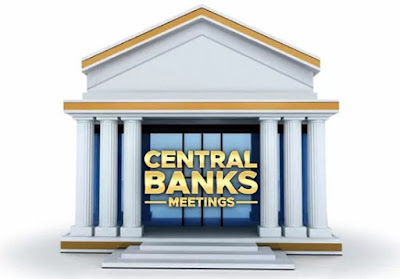WRITING at Econbrowser, Jonathan Wright says:
On Tuesday, the Swiss National Bank (SNB) adopted a bold policy of pledging to sell Swiss Francs in an unlimited amount to ensure that the exchange rate viz-a-viz the euro is at least 1.2 Swiss Francs per euro. The exchange rate promptly jumped over 8 percent to a bit more than 1.2 Swiss Francs per euro. The SNB can clearly weaken its currency in this way, so long as its commitment is unwavering. The SNB did so, judging that this is the best available way of meeting its underlying macroeconomic objectives. Indeed, the SNB may not actually have to intervene heavily. It’s a nice case study in the power of credible commitment and rational expectations.
Quite right. When you can make a credible commitment to a policy goal, you don’t have to work as hard to hit it; markets will do the work for you. Mr Wright suggests that the Fed could pull a similar trick for a different variable, like long-term interest rates. (The Fed could target an exchange rate, which would almost certainly make for potent stimulus. But it would generate an international uproar and would likely lead to a wave of protectionist retaliation.) If the Fed were to declare its intention to buy bonds until rates hit a specific level, markets would help push the rate toward that level, leaving the Fed with less to do than if it were to keep its policy goal unclear and try to hit the target through brute force.
There seems to be more scepticism that the Fed could similarly talk the economy toward a specific inflation or nominal growth rate. I understand the reason for the intuition; prices and wages aren’t set in the same clear way that security prices are. The principle is the same, however. If the Fed declared—credibly—that it would intervene in markets such that nominal growth in 2012 was 6%, asset-market prices should adjust immediately, pushing firms and households to behave in a more optimistic way, leading to faster growth. Expectations for growth couldn’t rise too high, however, lest the spectre of Fed tightening be raised, leading actors to push the economy toward the desired nominal target.
The Fed would need to act enough to demonstrate its credibility, and nominal growth of 6% wouldn’t guarantee anything about real growth. But examination of the Swiss National Bank’s action, and the resulting effect, should give us pause. From it, we can either conclude that the Fed is implicitly targeting a higher rate of nominal growth but isn’t credible, or that the Fed is credibly targeting growth within a range consistent with actual recent experience. In fact, I think it’s a bit of both. Ben Bernanke may say he wants a faster recovery, but the Fed’s actions are inconsistent with his statements, and markets and economic actors have therefore concluded that the Fed is happy with current growth rates. Nominal growth above 5% per year is not the rate the markets are looking for. And so it’s not the rate they get.
Full story here Are you the author? Previous post See more for Next postTags: Swiss National Bank






































